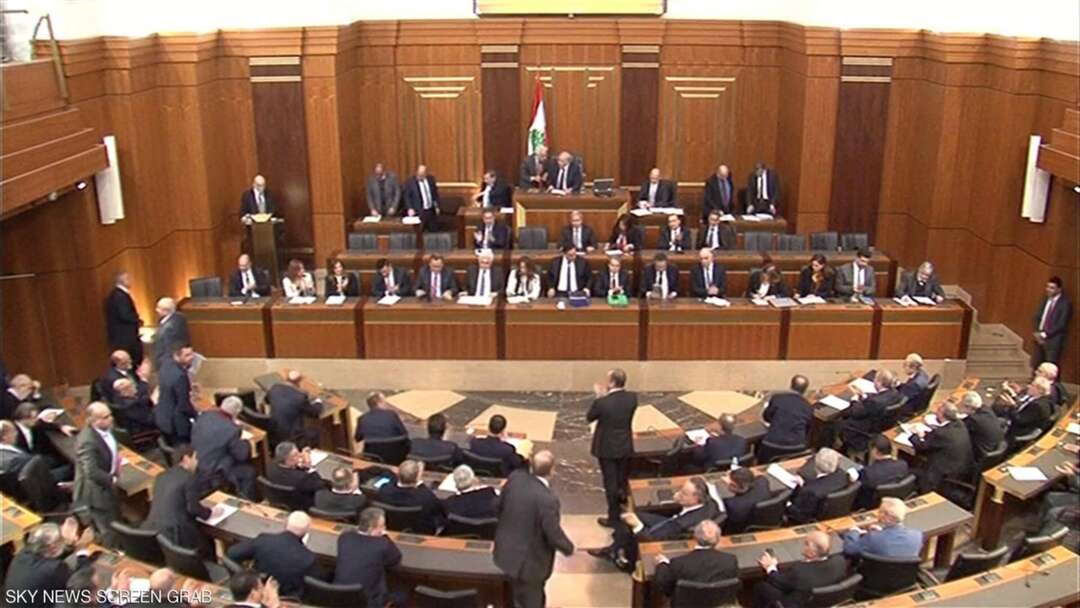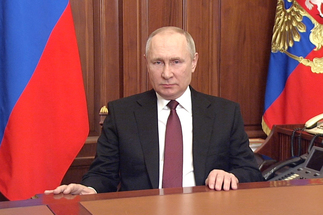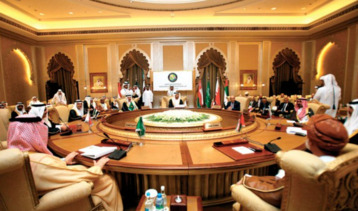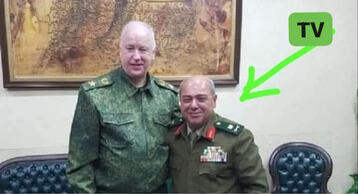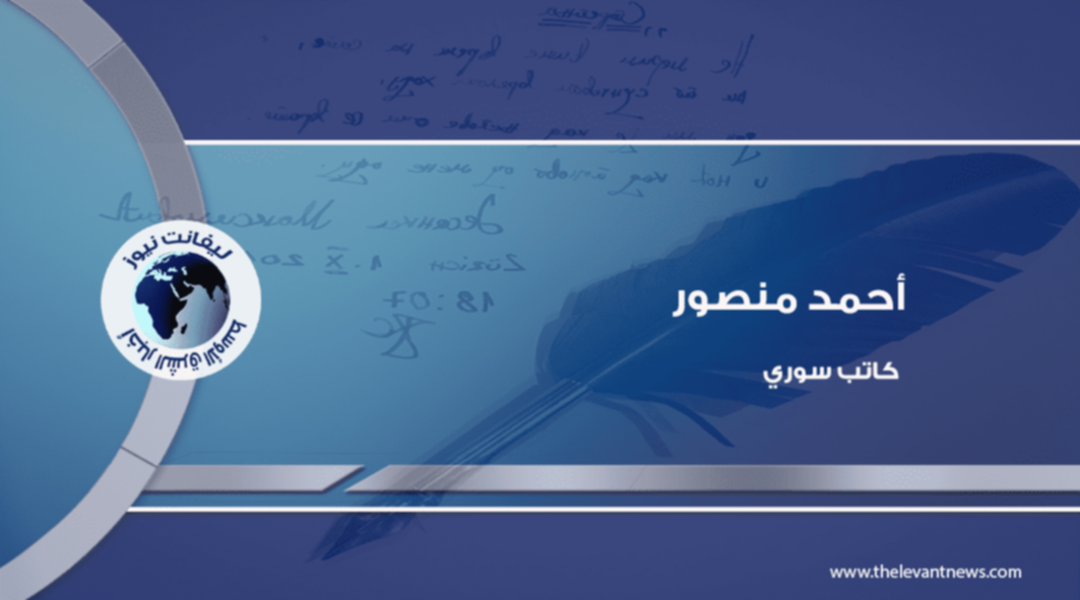-
Four French executives charged with spy on Arab opposition figures who were detained and tortured
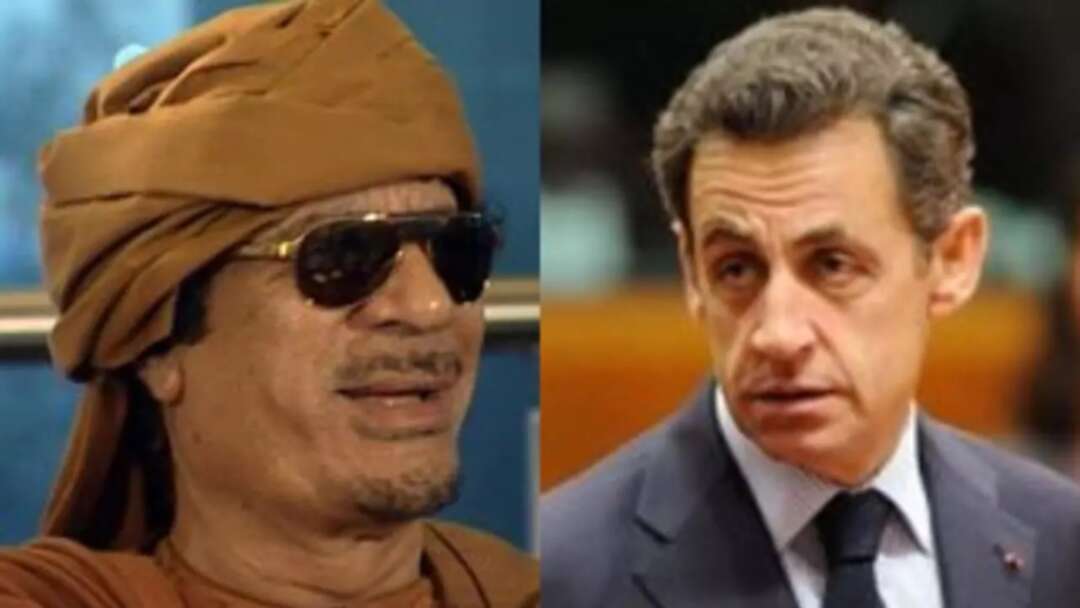
France24 reported, citing AFP, a rights group said Tuesday that prosecutors have charged four executives at two French companies accused of aiding Libya's former strongman Muammar Gaddafi and Egyptian authorities to spy on opposition figures who were later detained and tortured.
according to the International Federation of Human Rights, the former chief of Amesys, Philippe Vannier, was charged in Paris last week with "complicity in acts of torture."
Olivier Bohbot, head of Nexa Technologies, and two other executives were charged with "complicity in acts of torture and forced disappearances."
The firms are suspected of selling internet surveillance gear to Libya and Egypt, respectively, that was used to track down regime opponents.
"This is a considerable step that demonstrates that what we see every day on the ground -- the links between the activities of these surveillance companies and violations of human rights -- can be considered criminal and lead to complicity charges," Clemence Bectarte and Patrick Baudouin, lawyers for FIDH, said in a statement.
The FIDH filed suit and investigations were opened after the deals were reported by The Wall Street Journal in 2011 as the Arab Spring protests raged in several Middle East countries.
The WSJ report revealed that Amesys had provided Deep Packet Inspection technology to Muammar Gaddafi's government, allowing it to surreptitiously intercept Internet messages.
Amesys has acknowledged the tech deal with Libya, made in the context of easing ties with the West starting in 2007, when Gaddafi visited French president Nicolas Sarkozy in Paris.
At least six alleged victims of the spying who joined the suit as plaintiffs were questioned by French judges from 2013 to 2015.
In 2017, judges turned their focus to Nexa, accused of selling an updated version of Amesys's software called "Cerebro," capable of real-time message or call tracing, to the government of Egypt's President Abdel Fattah al-Sisi.
Source: France24
Image source: AFP-France24
You May Also Like
Popular Posts
Caricature
Syrians' concerns now
- December 10, 2024
Syrians' concerns now #Syria
#Bashar_al-Assad
#Liberation_of_Syria
#Syrians
#Future_of_Syria
#Levant_News

opinion
Report
ads
Newsletter
Subscribe to our mailing list to get the new updates!

